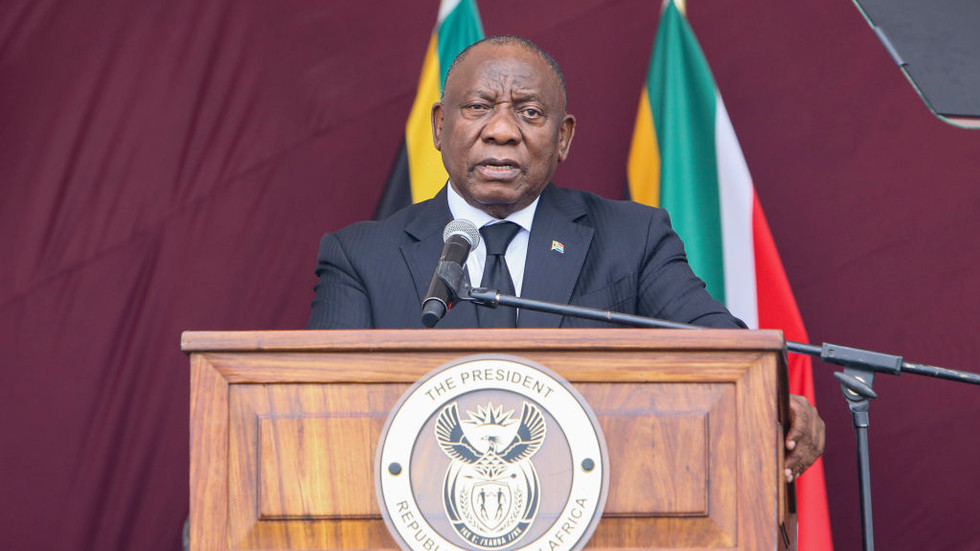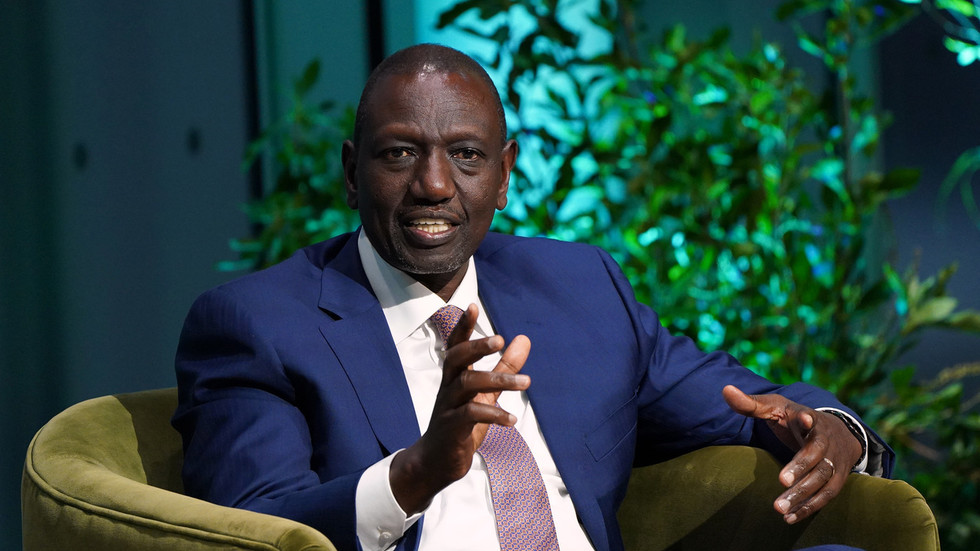On June 2, 2019, 65-year-old Walter Lübcke was enjoying a quiet evening sitting in his garden when he was shot in the head at close range by a right-wing extremist. The assassination shocked the whole country.
The perpetrator, Stephan E.*, later said that his motive was to punish the politician from the center-right Christian Democratic Union (CDU) for his refugee-friendly stance.
In 2015, when hundreds of thousands of refugees came to Germany, mainly from Syria and Afghanistan, Lübcke supported the policies of then-Chancellor Angela Merkel and campaigned for his compatriots to show empathy and welcome these individuals.
Politician's killing an 'alarm bell' for Germany
On October 14, 2015, Lübcke, a regional governor in the city of Kassel, in the central state of Hesse, appeared at a town hall meeting in the small town of Lohfelden to explain to the locals why accommodation for the new arrivals was being set up in their community.
Several far-right supporters were among the crowd and proceeded to heckle Lübcke. One of them was Stephan E.
In response to a stream of derision from among the crowd of several hundred people, Lübcke felt he had to speak out in defense of Germany's democratic values: "It's worth living in this country," he said. "You have to stand up for your values, and anyone who doesn't stand up for those values can leave this country if he doesn't agree with that. That is the freedom every German citizen has."
A video of the speech was posted on social media and spread through Germany's far right like wildfire. It turned Lübcke into a target of their vitriol. Four years later, he was killed.
The mounting far-right threat
Lübcke's murder was the first time an elected politician was assassinated in the country since the days of the far-left Red Army Faction (RAF) in the 1970s and 1980s and the first by a far-right extremist since the Nazis ruled Germany. It was before the far-right murders by the NSU terror group came to light.
Florian Hartleb, political scientist and author of "Lone Wolves," a 2018 book on far-right terrorism, said Lübcke's murder showed many politicians and security forces that the neo-Nazi threat had "long been under-estimated." Lorenz Blumenthaler, a campaigner against right-wing extremism, racism and antisemitism with the Amadeu Antonio Foundation, agrees with this assessment.
"Basically, we hadn't experienced anything like this in Germany since the postwar period," Blumenthaler told DW about the murder of Walter Lübcke. "And yet the response was surprisingly muted. Especially within his own party. You have to keep in mind that a conservative politician was murdered here by a right-wing extremist with a gun, and in absolute cold blood."
Blumenthaler recalls noticing a discrepancy between the reactions in Germany and abroad in response to Lübcke's murder: "International media attention was a much bigger scale. In Germany, it seemed to be dismissed by many as one right-wing extremist act, while the international response was to see it as right-wing terrorism against the state."
However, following a series of far-right attacks, German security forces have taken action: "In response, the security forces, including domestic intelligence, have shifted their focus which had been more on Islamist extremism," Blumenthaler told DW.
Fears about security of politicians in Germany
Lübcke's family appeals to politicians
Now, five years after Lübcke's murder, his family — his wife and two grown-up sons — published an message to politicians calling on them not to be intimidated by the recent rise in attacks on politicians. "Remain steadfast, do not deviate from your convictions and attitudes, you are not alone," read their appeal which was published via the news agency dpa. The family is also calling for better protection of politicians.
Konstantin von Notz, a lawyer and lawmaker with the Green Party, called the family's message a wake-up call. "The people who work for our democracy and the common good on a voluntary and full-time basis need more support," he told DW. He called for counselling, an increased police presence and a review of existing legal regulations, to prevent online publication of politicians' private addresses.
Leon Blumenthaler from the Amadeu Antonio Foundation believes that the inhibition threshold has shifted and that anyone who upholds democratic values can become a victim of violence. "Any person who stands up for basic democratic values can basically become a walking target," he said.
The number of attacks especially on local politicians in Germany has increased dramatically over the past five years: The Federal Criminal Police says the number of crimes against public officials and elected representatives has tripled to 5,400.
The head of the office, Holger Münch, told the taz daily newspaper that fortunately only a fraction of these were violent crimes. However, he added: "Such violence can escalate to attempted murder or even murder — as we saw in the case of Walter Lübcke."
* DW withholds the full names of perpetrators in order not to increase their publicity and the likelihood of a copycat killers.
This article was originally written in German.
While you're here: Every Tuesday, DW editors round up what is happening in German politics and society. You can sign up here for the weekly email newsletter Berlin Briefing.

 5 months ago
27
5 months ago
27








